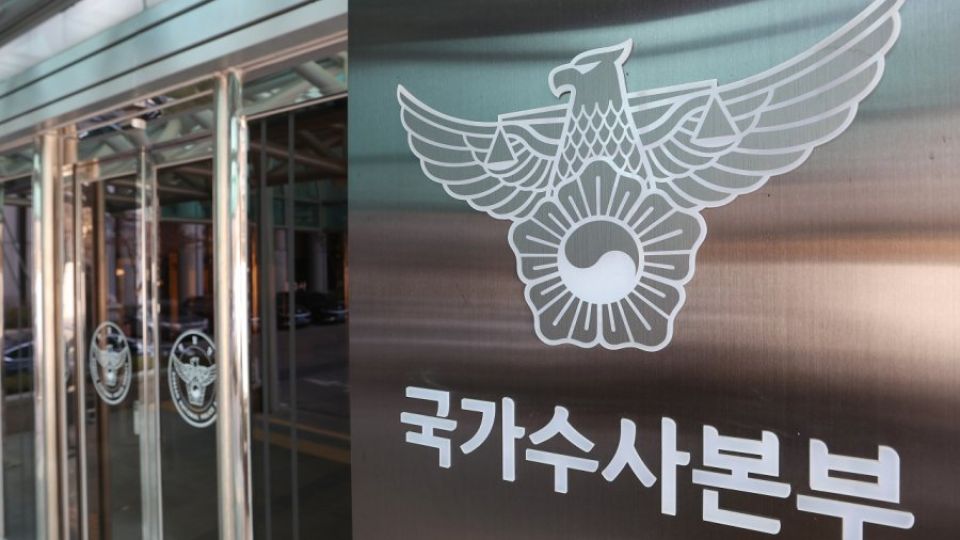February 27, 2023
SEOUL – President Yoon Suk Yeol’s office on Sunday came under fire over a flaw found in the vetting process of a state police investigation chief who was revealed to have defended his son in a school bullying case instead of holding his son accountable.
Former prosecutor Chung Sun-sin was appointed by Yoon to be the South Korean police investigation chief on Friday, but resigned the next day hours after criticism built up over his son’s verbal abuse of his classmate five years ago. Chung and his wife took the case to court to stop a school order to transfer his son to another institution, according to local reports quoting the court’s ruling. They refused to apologize to the victim.
As opposition party members’ attacks intensified, holding the presidential office for the insufficient verification of Chung’s qualifications, Yoon’s spokesperson said the office is taking the case seriously while admitting there was “flaws” in the vetting process. Spokesperson Lee Do-woon said the office will look for ways to improve the screening procedure within legal boundaries, adding that the administration had reviewed “legally accessible and public” information on Chung. A preliminary questionnaire sent to Chung to fill out for the position did not include questions regarding history of school violence by family members, according to the spokesperson.
Chung’s son, who attended a private boarding high school in Gangwon Province in 2017, verbally abused a roommate for about a year in the 10th grade. Chung’s son is reported to have constantly described the victim as a “commie,” a “filthy pig” and a “carrier of hand, foot and mouth disease.” The victim reportedly attempted suicide as a result of the bullying.
The school committee in March 2018 ordered Chung’s son to be transferred to another high school, which prompted legal action against the decision from Chung’s side.
A year of litigation led to a top court ruling in 2019 that upheld the committee’s order to transfer Chung’s son. Despite the record of school bullying, he was later admitted to Seoul National University’s philosophy department.
Chung reportedly said he “had no choice but to follow the attorney’s decision” back then, in response to the school’s action.
Meanwhile, the boarding school’s internal investigation also found that Chung’s son had frequently boasted about Chung’s position as a prosecutor.
At the time of the lawsuit, Chung was the human rights supervisor of the Seoul Central District Prosecutor’s Office.
Such revelations immediately stirred nationwide controversy, as school violence is considered a highly sensitive topic here. It has often been the subject of TV dramas and films, most recently in the popular series “The Glory.”
“The controversy (over the appointment of Chung) portrays how social power influences children’s behavior and how these behaviors are being covered up,” the main opposition Democratic Party of Korea’s Floor Leader Park Hong-geun told reporters Saturday, a few hours before Chung offered to resign.
“When you look at the way ‘The Glory’ became all the rage in Korea, you see people sympathizing with taking revenge on those who defy common sense and social justice,” Park said.
Chung said in a statement that he “cannot take on such a grave responsibility with this flaw” as he offered to step down, a day before his two-year term as the new head of the National Office of Investigation was to begin Sunday. Yoon’s office said hours later it had pulled back Chung’s appointment.
Chung was recommended by National Police Agency Commissioner Yoon Hee-keun out of three candidates who had applied for the position. The commissioner denied allegations on Friday that Chung’s appointment had to do with the president’s previous relationship with Chung as a co-worker. The two reportedly worked together as prosecutors.
With Chung’s resignation, the post will remain vacant for the time being until a new nomination takes place.


